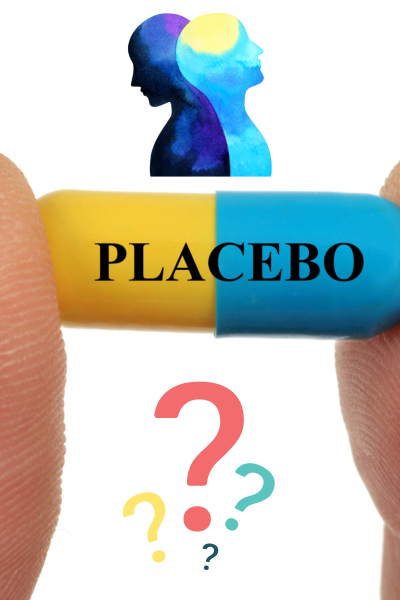The Power of the Placebo Effect

The Placebo Effect is a fascinating phenomenon where people experience improvement in their symptoms after receiving a treatment that contains no active ingredients. Think of it as a “dummy” treatment, like a sugar pill instead of a real medication.
What Causes It?
Experts have different theories on what causes the Placebo Effect. In some manner, someone’s expectations, belief in the treatment, and the ritual of taking it can trigger positive changes in their physical or mental state.
The exact mechanism is still being researched, but it likely involves factors such as:
Brain chemistry – Expectation or conditioning can cause the brain to release natural painkillers like endorphins.
Conditioning – Previous positive experiences with similar treatments can lead to anticipation of relief, which then triggers actual improvement.
Attention – The act of receiving and taking a treatment can focus the mind on healing, leading to perceived improvement.
Conditions the Placebo Effect Can Help
Surprisingly, the Placebo Effect can influence a wide range of conditions. The following are a few examples, as noted by Michigan Medicine:
- Pain
- Depression
- Anxiety
- Fatigue
- Irritable bowel syndrome
- Parkinson’s disease
- Osteoarthritis
Understanding the Placebo Effect helps researchers design better clinical trials for new treatments. It highlights the powerful mind-body connection and the importance of positive expectations in healing.
Far-Reaching Implications
The potential implications of the Placebo Effect are much wider than is often recognized. In studies, a placebo is typically given simply to test the effectiveness of a certain drug or process. However, if the placebo actually has a beneficial effect, this has profound implications on the healing powers of the mind and emotions. It suggests that the idea that belief can strongly influence reality is more than a self-help cliche.
I recently read a book that deals with this topic, the novel Wellness by Nathan Hill. While the book deals with many issues and is largely about modern relationships, a major theme deals with the Placebo Effect, including ethical implications of not telling people when they receive a placebo. See my review of Wellness.
